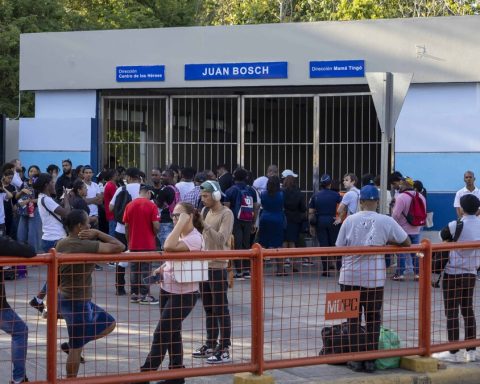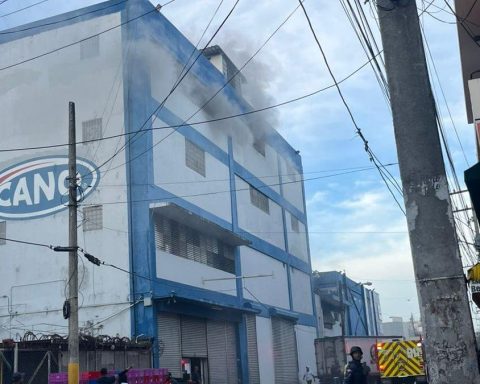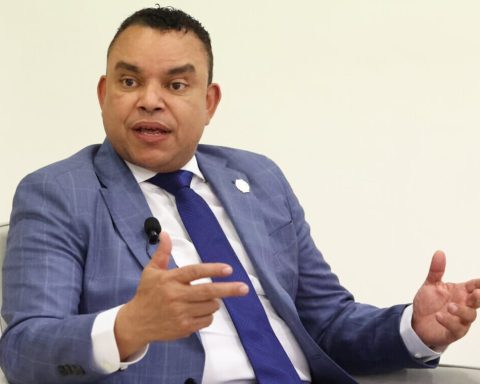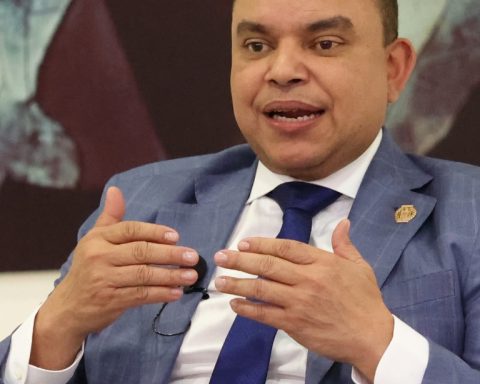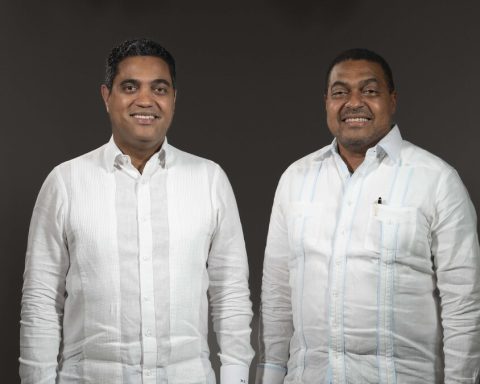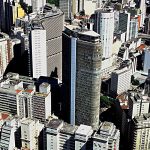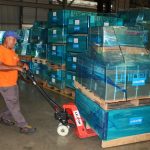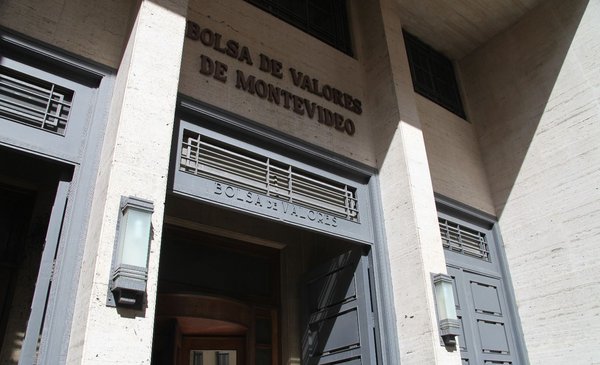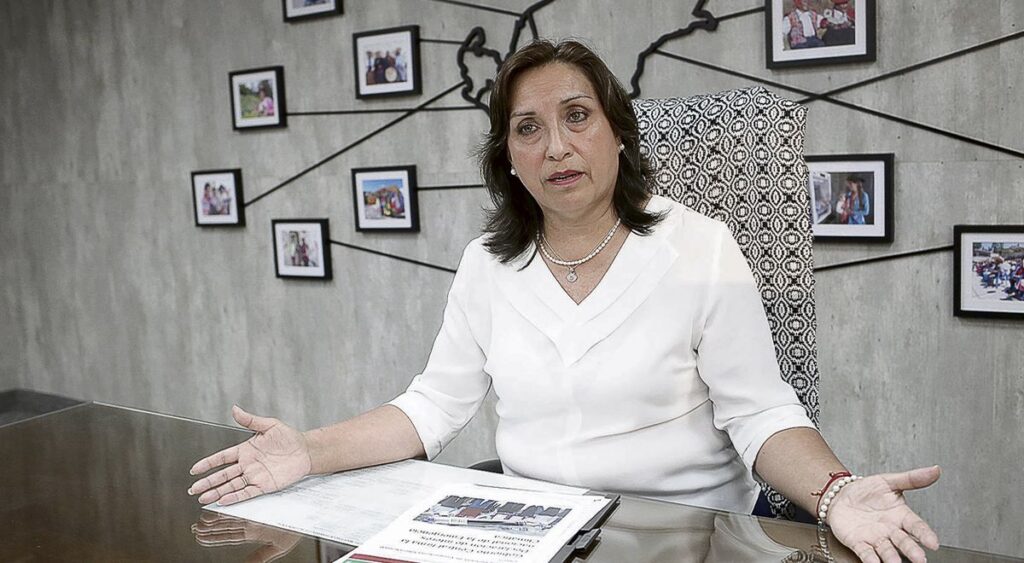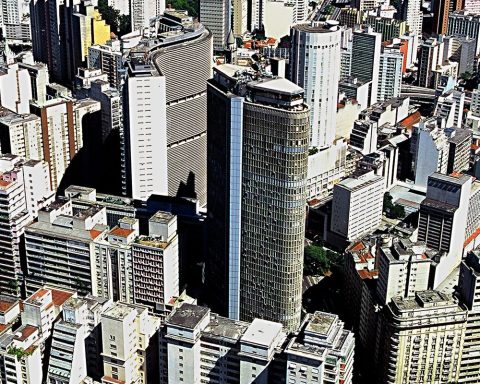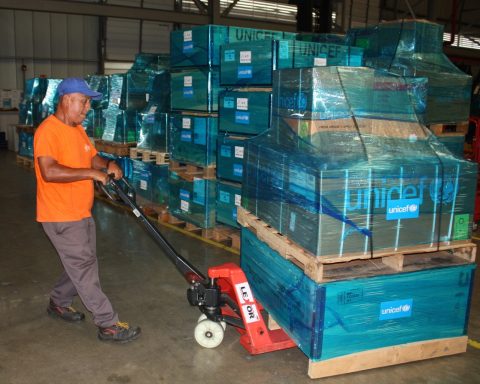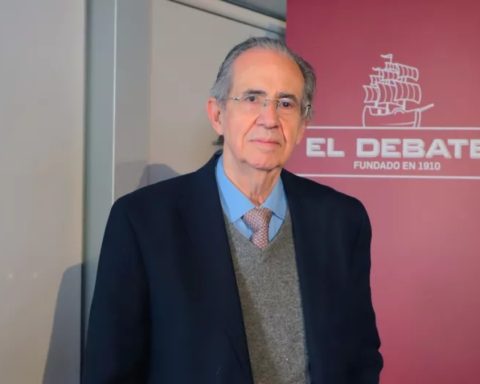President Luis Abinader today supported the opening of 1,200 places in the National System of Medical Residences.
With this figure, the largest in medical residences, the government provides 200 new places.
“Supporting and promoting areas such as the medical residency system is not only a matter of principle, but a far-reaching political decision,” Abinader said.
The president, who spoke at an event at the Dominican Medical College (cmd)said that this is an area that during the last two years has seen that it is not only necessary, but that it will be a key element in the economics of development.
He indicated that the economy centered on citizens and their needs will be the cornerstone of the bulk of the government’s economic decisions.
Abinader assured that the country’s health is at stake in actions and policies like these. “Here the supervision of the training of medical specialists is regulated, planned and executed, in accordance with the legislation and the country’s health policies,” he said.
He said that medical residency is part of postgraduate studies, whose training programs for medical specialists are developed in teaching hospitals and community institutions related to Primary Health Care.
He argued that the history of medical residencies dates back to the end of the 1960s, with the approval of Law 60-97, when the Dominican Medical Association, today the Dominican Medical College (CMD), in joint efforts with the University Autonomous University of Santo Domingo (UASD), and through the hospital chairs, turned into reality the desire of renowned Dominican doctors trained abroad, who on their return from Europe, Cuba, the United States and Puerto Rico maintained the altruistic spirit and social vocation to train medical specialists who could influence the difficult health situation of the Dominican population with their professional practice.
Among the masters of Dominican medicine who promote medical residencies, I highlight some doctors such as Hugo Mendoza, Vinicio Calventi and Nelson Astacio.
The President indicated that the medical specialty programs, which for decades have had an impact on the coverage and quality of specialized medical care and which have been decisive in maintaining the health standards of Dominicans, will continue to fulfill their objective with government support.
He argued that these programs have the teaching endorsement of the UASD, which endorses 60% of the programs, or Unibe, Ucatesis, Utesa, and many others.
He said that the current initiative expands the medical residency programs in addition to the new health establishments and that with the new 1,200 places it will allow to influence the health problems of 75% of the population.
He stated that this action complies with the maxim that we have always defended in this government and for which we work; ensure the rights of all, positively impact their lives and move towards a country in full economic and social development.
“We are going to substantially improve the system and we are going to do it hand in hand with the best possible human capital,” he specified.

